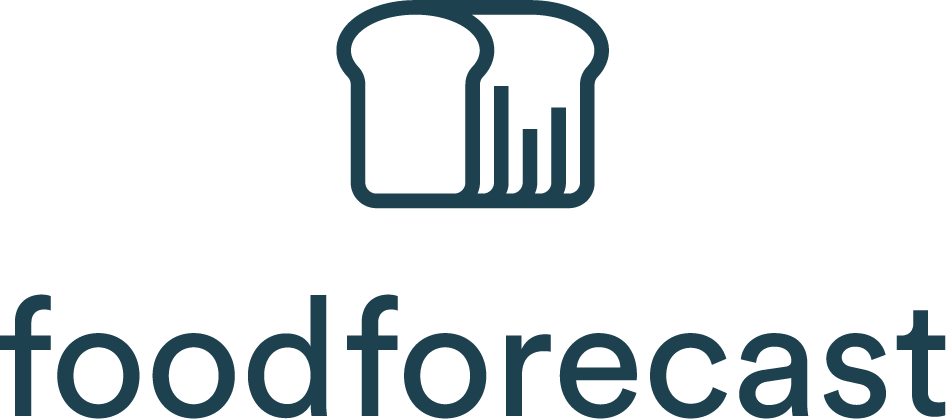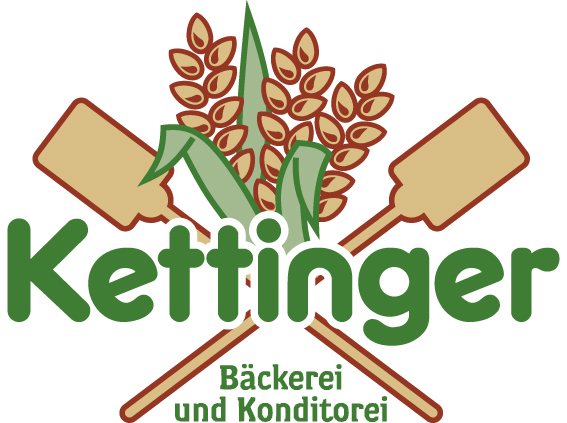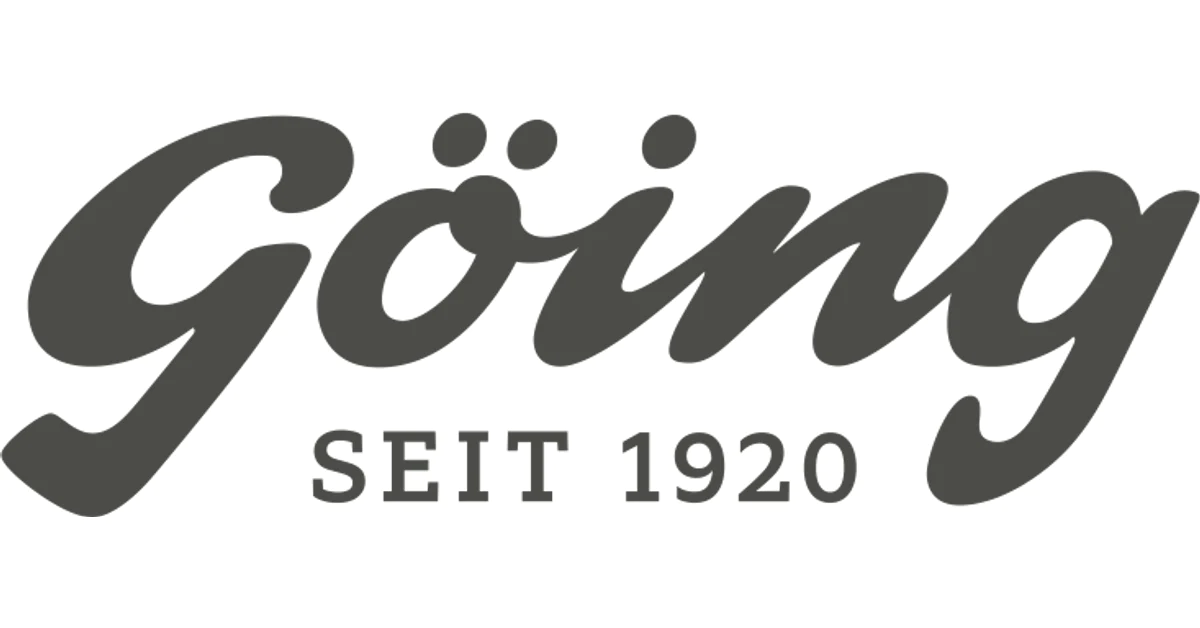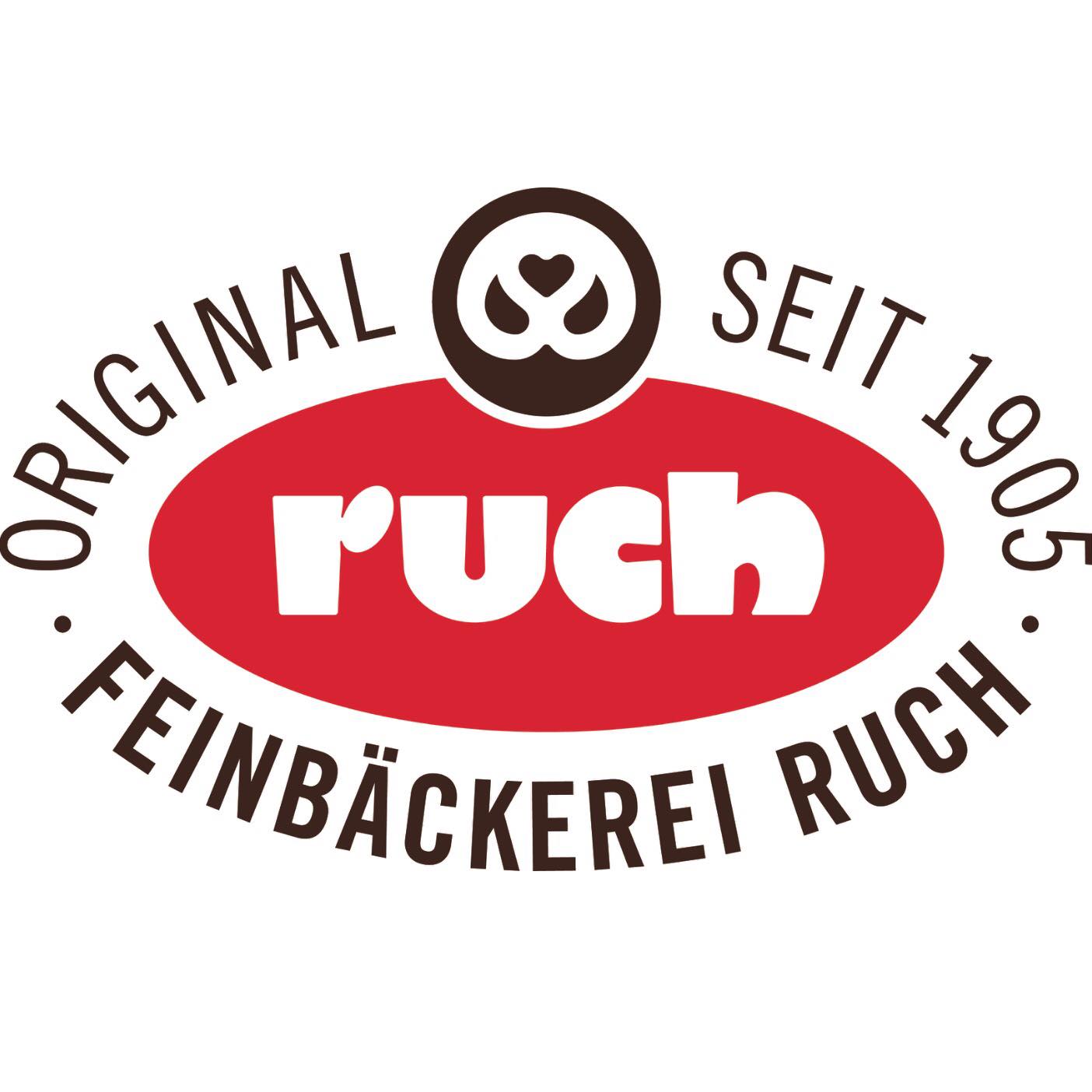What does needs-based ordering mean?
Needs-based ordering describes the targeted procurement of goods that meet a company's actual requirements. It is a key element in inventory management and cost control, as it ensures that only what is really needed is ordered - neither too much nor too little.
Factors for determining a needs-based order
In order to implement a demand-oriented order, various influencing factors must be taken into account:
Needs analysis: the basis for every order
The first step is to precisely determine the actual demand for goods. This is done by analyzing historical sales data, current customer inquiries or other internal key figures. In this way, overstocks and shortages can be effectively avoided.
Inventory management: overview of stock levels
One key tool is the continuous monitoring of stock levels. This enables companies to identify which products need to be reordered - and minimize their storage costs at the same time.
Supplier management: Reliable partners for demand
Collaboration with reliable suppliers is crucial for needs-based ordering. Close communication about expected fluctuations in demand and delivery times ensures that demand can be met efficiently.
Automation through artificial intelligence
Digital systems with artificial intelligence (AI) support precise planning. Tools such as foodforecast enable automated sales forecasts and intelligent order proposals that are precisely tailored to demand.
Continuous monitoring and adaptation
Needs-based ordering is a dynamic process. By continuously analyzing sales figures, market trends and customer feedback, ordering strategies can be constantly developed and optimized.
The role of artificial intelligence in demand-driven ordering
AI technologies are playing an increasingly central role. They use real-time data such as order histories, seasonal fluctuations and weather forecasts to accurately predict future demand. This makes it possible to anticipate demand and avoid bottlenecks, overproduction and food waste.
Request a callback
We will be happy to call you back promptly to talk to you personally









